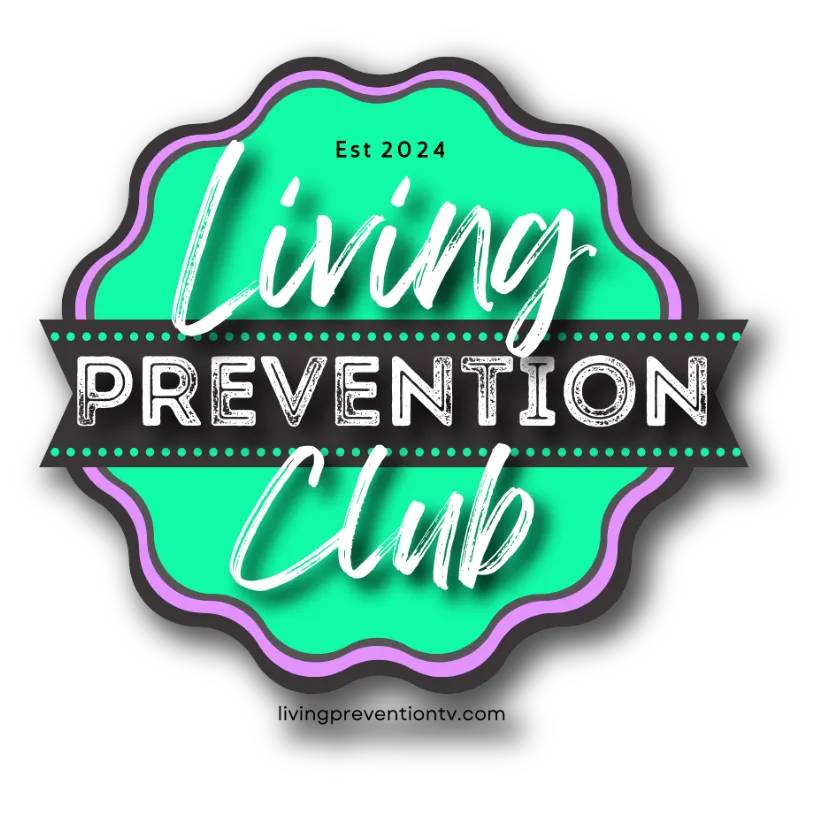Prevention or Prescription?
The Health Choice We All Face
If you're fed up with health problems and don't want lifetime prescriptions,
Welcome to AlternaCare, whose people-first solutions for improved health are found!
Prevention or Prescription?
The Health Choice We All Face
If you're fed up with health problems and don't see lifetime prescriptions as the answer.
Welcome to AlternaCare, where people-first solutions for better health are found!
Are You Fed Up with the "Healthcare System"?
Is being on lifetime prescriptions not what you believe healthcare is? Are you tired of health confusion and conflict? If you're fed up with being gaslighted over health issues, we agree, it's time for a change.
At AlternaCare, our mission is to Reinvent Health holistically. Our health system alternative is built on the "Prevention Prescription".......
Watch the 2-Minute Video
"Good health results when daily decisions align with preventive living."
- Kari E. Samson
AlternaCare CEO

Is Living a Healthy Life Your Goal?...
If you want optimal health but see the conventional healthcare system (medicine, insurance, pharma ) as not aligned, you’re not alone. Millions see “healthcare” as a system exploiting people. The truth is seen in U.S. Senate hearings on the “Corruption of Science” which makes the need for AlternaCare critically important.
What's the Answer?
You want health answers — you deserve them.
You want health honesty — you deserve nothing less.
You want health results — it’s time to live them.
You lost trust in "healthcare" - we understand.
Listen to this Podcast
Are You Ready for Optimal Health & Wellness Results?...
Empowering people who want health answers and results, we're building the Living Prevention Members Club, where you learn to be a health success story!
Click Here to Find Out More...
Prefer to Learn by Webinar?
If You Want Answers - NOT Prescriptions...
The Living Prevention
Members Club
In a groundbreaking membership for people who want wellness without:
- Astronomical Costs
- Lifetime Prescriptions
- Prescription Side Effects
- Health Confusion
The Living Prevention Members Club is designed for health who want prescription freedom, health clarity, wellness success, and health results!
AlternaCare Facts....
10+
years in development
10,000+
hours of research
1,000,000
member goal
"Living Prevention puts you in control of your health away from Big Pharma.
Preventer Membership opens the door to wellness success."
Kari E. Samson,
AlternaCare CEO
At AlternaCare, we've invested over a decade researching and sorting health truths from health propaganda.
Our mission is to empower members with health clarity for optimal health results.
Our focus is:
Preventions NOT Prescriptions....
Clarity NOT Confusion....
Facts NOT Fraud....
The Living Prevention Members Club delivers:
Access to Life-Changing Education:
Our go-at-your-own-pace self-guided memberships simplify health by using daily vocabulary.
Unbiased Insights:
Ensuring you have truths to achieve wellness means filtering health facts from health propaganda.
Supportive Community:
As a Private Membership Association, we are a safe space by providing connection, free speech, education, healing, coaching, and support for living optimally.
Membership Options:
With four membership options, we meet you where you are financially, leaving no one out.
Fast Track Results Coaching:
Members can fast-track results to improved health through Preventer Membership & Coaching for maximum results in minimum time. Click HERE.
Our Principles

Empowering
People
Ensuring members know how to achieve health results, the Living Prevention Members Club is a people-focused community for optimal wellness.

Community & Connection
As a Private Membership Association, (PMA) we support free speech and have zero tolerance for trolls.

Membership
Options
With four membership options, we meet members where they are financially, leaving no one out because of a lack of funds.
Join the Living Prevention Members Club
and Live the "Prevention Prescription" Lifestyle!
The Living Prevention Members Club is built on:
Preventions NOT Prescriptions....
Health Clarity Replacing Health Confusion....
Preventions Replacing Lifetime Prescriptions....
And much more!
The Living Prevention Members Club delivers:
Life-Changing Education:
Our 'go-at-your-own-pace' platform simplifies health by using everyday English. Empowering members instead of intimidating them, is what you'll find.
Unbiased Insights:
Ensuring truth about health and healing are the basis of learning includes, unlearning propaganda and deceptions promoted in the healthcare system. This makes membership, a life-changing experience for health truth.
The Power of Community & Connection:
As a Private Membership Association (PMA), we provide a safe space for connection. We support respectful free speech, and share life-changing health education for optimal health results.
Membership Options:
With four membership options, Free, Supporter, Start Healthy, Preventer, we meet members where you are financially, leaving no one out because of a financial situation.
Fast Track Results Coaching:
Members who want to fast-track their results, choose Preventer Membership with Coaching for maximum results in minimum time.
For Self-Guided Membership - Click Here
For Membership with Coaching - Click Here
The Living Prevention
Members Club Benefits Include:
Simplified, researched, and vetted content
Health and wellness know-how
End health confusion - find answers
Private membership protecting free speech
A supportive, like-minded community
Healthy living built on a prevention-first lifestyle
Prevention guidance and wellness clarity
Member support; self-guided to private coaching
Learn in print, video, and audio formats
Supportive connection as members connect
Find answers - get clarity - live results
Prevention education for optimal wellness
And still more!
Check Out Our Reviews
If You Want Results...Join Us to Be the Change You Want to See!
Improved health starts with learning to live a healthy lifestyle. The Living Prevention Members Club empowers you to be a health success story!
Ready to Take Action?
Do you want to be a Living Prevention success story? The Living Prevention Members Club has what you need to improve your health - it starts with improving your health and prevention know-how.
Now is Your Chance to Join Us
Enrollment in the Living Prevention Members Club is available for a limited time. Don't miss your chance to join us by being a member-donor, today!
The Three-Phase AlternaCare Mission:
Build a New Health Paradigm in 2026-2028
Phase 1: 2026 Health Reinvented - The "Prevention Prescription" is the foundation of the Living Prevention Members Club. Living empowered is living educated. This is how change starts.
Phase 2: 2027 Healthcare Reinvented - Empowering members with technology to identify and resolve root causes of health issues, ends 'whack-a-mole' medicine in this member-exclusive upgrade built on Preventer Membership.
Phase 3: 2028 Health Insurance Reinvented - Fusing Phases 1 & 2 in our cost share with an upgrade Preventer Members sharing platform for large health costs is built on Preventer Membership, coaching, and technology with holistic primary care, and allopathic medicine for emergencies - completes the ecosystem of wellness.
AlternaCare Donations
Make a REAL Difference!
Donations to AlternaCare ensure we have the financial resources to develop more historic holistic innovations for people and companies ready for real change!
AlternaCare Corporate Donors Help Us - Help All of Us!
Get in touch with us
AlternaCare & Living Prevention are federally registered trademarks, protected and enforceable by law. Any unauthorized use is expressly prohibited and all legal means of protection will be used to protect the integrity of our TM.
+Donations are Charitable Tax-Deductible Gifts to
our Non-Profit and are Non-Refundable
Disclaimer: This website is not a substitute for professional medical advice. There may be risks for some people in reducing/ending prescription use. Always consult a health professional when discontinuing certain medications. The AlternaCare Foundation and its officers/staff are exempt from liability. You assume all risk when making decisions according to your free will in health matters. This site, company, and representatives assume no liability in your personal choices.
Let's Connect!
See our portfolio of websites,
LivingPreventionClub.com
LivingPreventionTV.com
CellibrateWellness.com
KariSamson.com
Copyright © 2025 AlternaCare Foundation, All Rights Reserved













